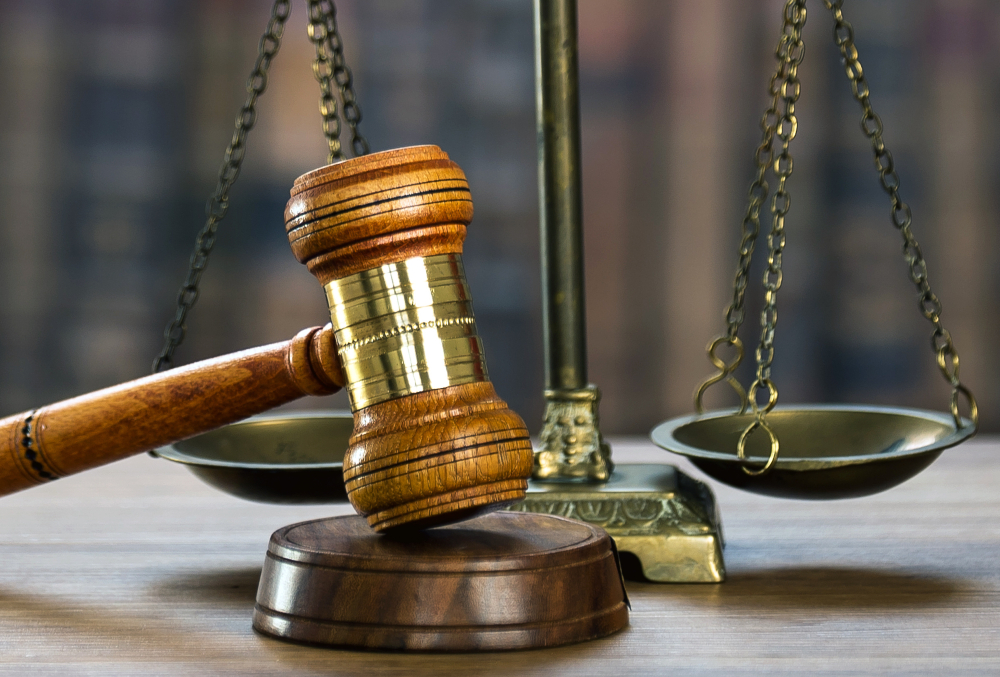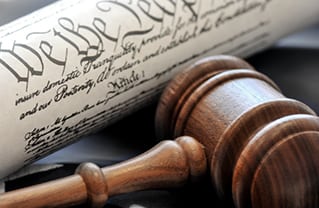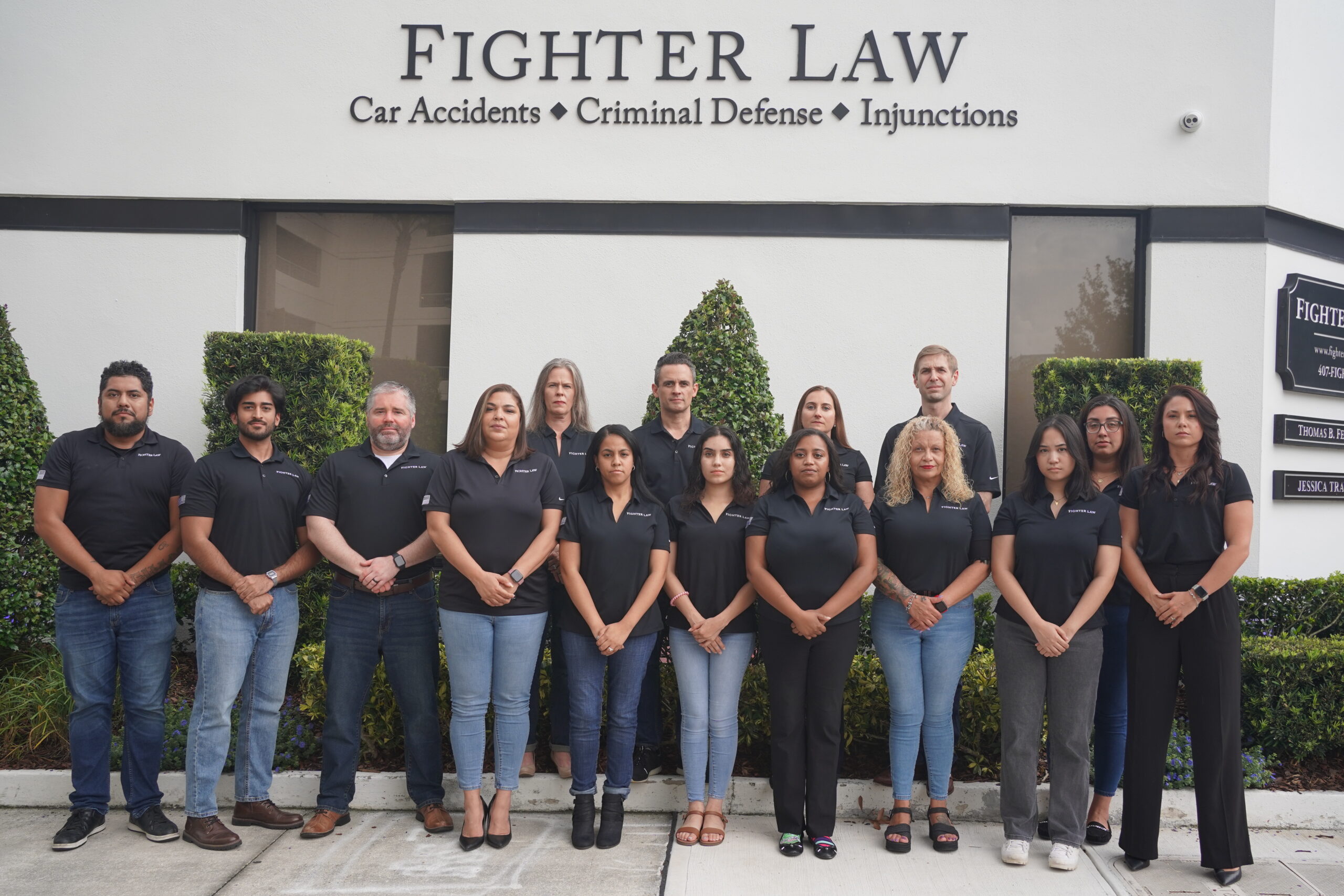Florida Conspiracy Attorney
Conspiracy charges in Florida move fast and cut deep. Because prosecutors can allege an agreement even when no crime occurred, these cases require immediate, strategic action. At Fighter Law, our board-certified criminal trial team defends clients statewide—in both Florida state courts and federal court—with aggressive motion practice, careful investigation, and trial-ready advocacy.
What Is Conspiracy Under Florida Law?
Florida’s conspiracy statute, Florida Statutes § 777.04, applies when two or more people agree to commit a crime and intend that offense to occur. Crucially, the State does not need to prove the underlying crime happened; rather, it must prove the agreement and criminal intent.
Because this threshold is lower than many people expect, investigators often try to stretch texts, emails, or casual conversations into “proof” of agreement. That’s where an experienced defense can narrow the issues, challenge context, and suppress unreliable evidence.
Elements the State Must Prove
- An agreement between two or more people to commit a specific offense;
- Intent that the crime be carried out; and
- Knowledge/participation in the unlawful plan—mere presence or association isn’t enough.
Florida law does not always require an “overt act,” so prosecutors may file conspiracy earlier than you’d expect. As a result, early intervention by counsel can shift outcomes dramatically.

Penalties & Sentencing in Florida Conspiracy Cases
Judges set penalties based on the severity of the target offense. For example:
- Conspiring to commit a first-degree felony can bring up to 30 years in prison and substantial fines.
- Conspiring to commit a third-degree felony can lead to up to 5 years in prison and a $5,000 fine.
- Even misdemeanor conspiracies may result in jail time, probation, and a lasting criminal record.
Beyond incarceration and fines, a conviction can upend employment, immigration status, professional licensing, and housing. Moreover, prosecutors often use conspiracy counts to gain leverage in plea negotiations.
To understand sentencing exposure and mitigation options, review our hub pages on Criminal Defense in Florida and—when cases involve federal exposure—our overview of Federal Crimes Defense.
Defenses to Conspiracy Charges
Every case is unique; however, effective defense themes often include:
- No genuine agreement: Vague, joking, or aspirational conversations don’t equal a real meeting of the minds.
- Lack of intent: Without proof that you intended the offense to occur, the conspiracy fails.
- Withdrawal: Evidence you abandoned the plan before it moved forward can defeat culpability.
- Entrapment and overreach: When government pressure creates a crime that otherwise wouldn’t exist, we challenge it.
- Insufficient or unreliable evidence: We attack hearsay chains, “co-conspirator” statements, and unauthenticated digital data.
- Severance/spillover prejudice: In multi-defendant cases, we seek separate trials when co-defendant evidence would unfairly taint the jury.
Because prosecutors lean heavily on digital communications and cooperating witnesses, we use targeted motions (suppress, sever, dismiss), forensic review, and early witness work to raise doubt and improve leverage.
Federal Conspiracy Charges in Florida
Federal prosecutors frequently charge conspiracy under 18 U.S.C. § 371 (conspiracy to commit an offense against or to defraud the United States) and offense-specific statutes (for example, drug conspiracies under Title 21). Consequently, defendants face broad discovery, wiretap evidence, multi-defendant indictments, and guideline-driven sentencing. For a high-level DOJ treatment, see the Justice Manual on Conspiracy.
Common federal fact patterns include drug trafficking, healthcare/insurance fraud, wire or bank fraud, money laundering, public corruption, and complex financial schemes. If your case may go federal, engage counsel experienced in federal practice, guideline mitigation, and trial strategy.
Related reading: Drug Crimes & Trafficking Defense.
Early-Stage Strategy: Protect Yourself Now
Timing matters. The earlier you hire counsel, the more opportunities we can preserve. Our immediate priorities often include:
- Containment: Stop unadvised conversations. Direct all communications through your lawyer to prevent misinterpretation.
- Bond & release: If arrested, we push for release and favorable conditions. Learn more about bond hearings, bail/bond strategy, and Nebbia holds.
- Evidence & investigation: We secure favorable records, interview witnesses, and retain experts where needed.
- Charge targeting: We challenge overbroad conspiracy theories and force the State to prove each element beyond a reasonable doubt.
Why Choose Fighter Law
- Board-Certified Criminal Trial Lawyer leadership and decades of combined trial experience
- Former prosecutors who know how cases are built—and how to dismantle them
- Statewide reach with responsive, client-first communication from our Orlando office
- Relentless motion practice designed to suppress weak evidence and improve outcomes
We’ve defended complex conspiracies—from drug rings to fraud schemes—through investigation, motion practice, and trial. When your freedom is on the line, we fight like it is our own.
Frequently Asked Questions
Is it a defense that the underlying crime never happened?
No. Florida law allows a conspiracy conviction without a completed offense. The decisive issue is whether the State can prove a real agreement and criminal intent.
Can the State charge conspiracy and the completed crime?
Yes. Prosecutors often file both. However, we evaluate double-jeopardy risks, overlapping proof, and severance to reduce prejudice.
What if I withdrew before anything happened?
Withdrawal can be powerful if supported by credible evidence. We document your disengagement, build a timeline, and challenge the State’s narrative.
Should I talk to law enforcement to clear things up?
No. Anything you say can be twisted into “agreement.” Speak to an attorney first; we handle communications and protect your rights.
What happens at my first court appearance?
You’ll appear before a judge who addresses bond, release conditions, and scheduling. To prepare, review our resource on Bond Hearings.
Take the next step: Call 407-FIGHTER (407-344-4837) or send a confidential message. We respond quickly and treat every case with urgency.









